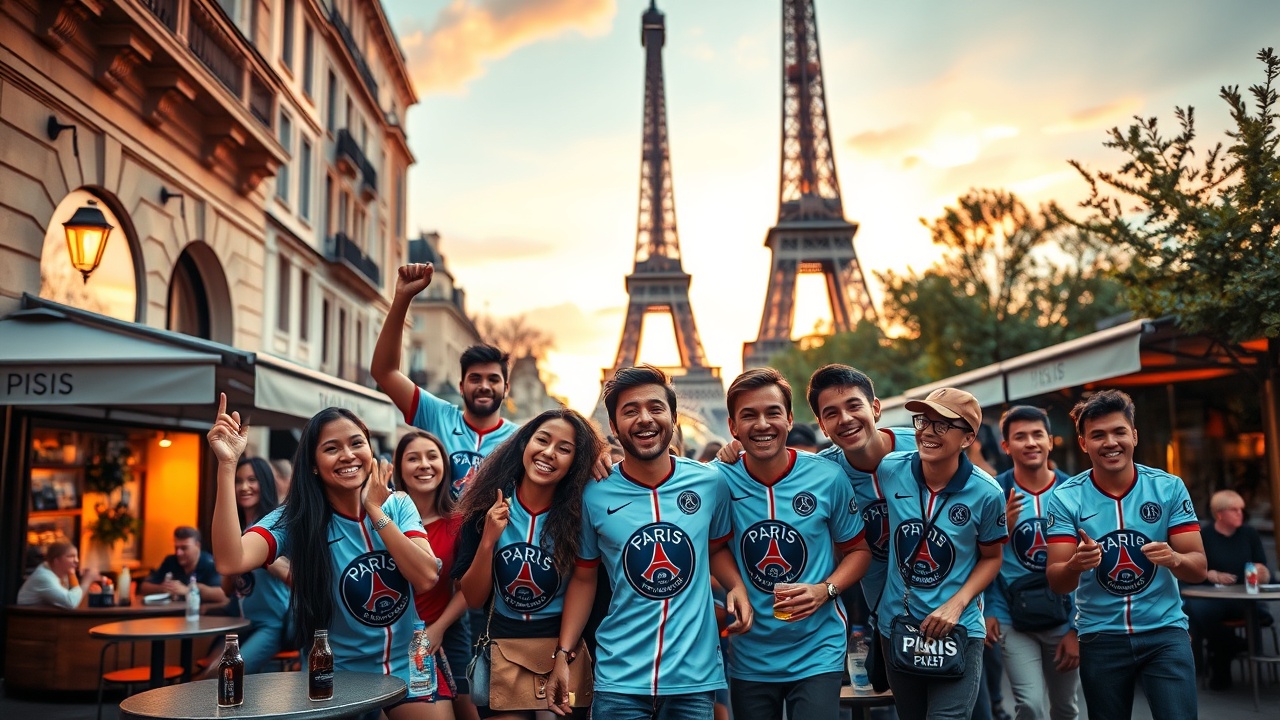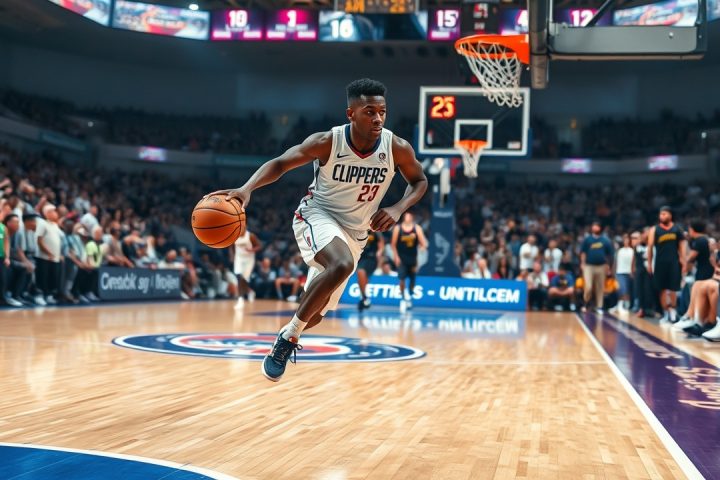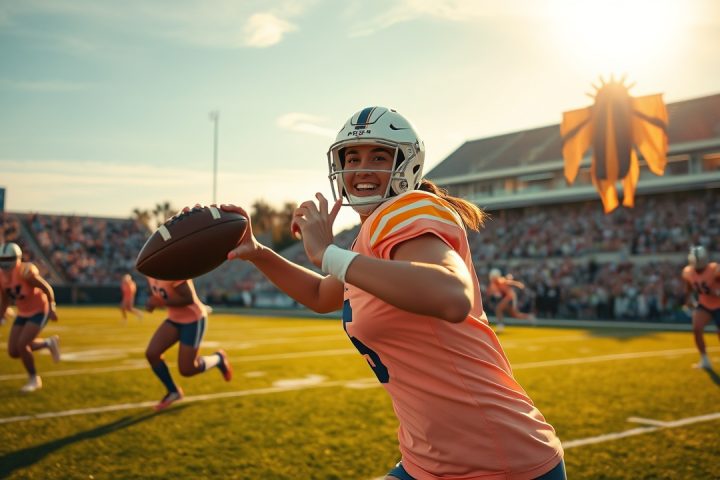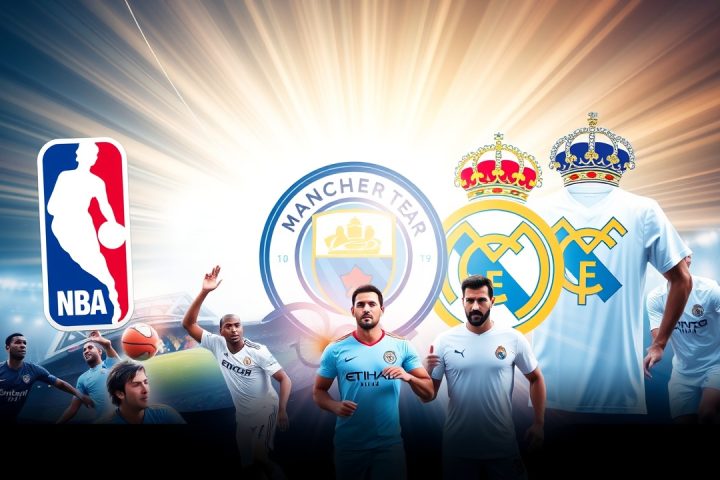Introduction to Paris Saint-Germain
Renowned for its remarkable landmarks, vibrant art scene, romantic allure, and gourmet offerings, Paris also holds the distinction of being the birthplace of Paris Saint-Germain (PSG), a football club that has successfully marketed itself as a leading sports brand worldwide. PSG has cleverly combined its Parisian identity with its brand, leveraging the city’s iconic imagery—such as the Eiffel Tower—long before claiming its first Champions League trophy last month.
Global Expansion and Partnerships
In its drive to expand its brand presence, particularly in North America, Asia, and Africa, PSG has forged innovative partnerships within the sports industry. This includes alliances with figures like NBA legend Michael Jordan and luxury brands like Dior. Storefronts bearing PSG branding can be found alongside high-end fashion retailers on New York’s Fifth Avenue, a testament to the club’s integration into the luxury lifestyle market. They recently launched a pop-up experience, the ‘PSG House’, on Melrose Avenue, complementing their participation in the FIFA Club World Cup, where they secured a commanding victory against Atletico Madrid.
Academic Recognition and Brand Narrative
The club’s transformation into a global brand has not gone unnoticed academically. In 2020, Harvard Business School recognized PSG’s significant commercial growth by creating a case study entitled “Paris Saint-Germain: Building One of the World’s Top Sports Brands.” Misha Sher, a sports marketing authority at WPP Media, describes PSG as one of the most compelling sport narratives of the past decade, symbolizing the intersection of sport and lifestyle.
Ownership Scrutiny and Financial Growth
Despite its brand success, PSG faces scrutiny regarding its ownership by Qatar Sports Investments (QSI), with some claiming that the club is part of a broader strategy to enhance Qatar’s international image amid human rights criticisms. Nasser Al-Khelaifi, the QSI chairman and PSG president, emphasizes that QSI’s investment should be viewed through the lens of financial growth rather than mere public relations. Under QSI’s ownership, which began in 2011 with a €70 million acquisition, PSG has evolved from a club that last won Ligue 1 in 1994 to a dominant force with thirteen national titles.
Strategic Vision and Lifestyle Branding
With Al-Khelaifi at the helm, PSG has thrived domestically, overshadowing competitors and focusing on international expansion. In an interview, he discussed ambitions to elevate the Champions League’s profile to rival that of the Super Bowl, positioning PSG matches as major entertainment events. Gary Balch, co-founder of sports marketing agency Two Circles, elaborates that PSG’s success lies in promoting the lifestyle associated with Paris, tapping into its cultural significance and appeal.
“PSG’s branding relies heavily on the incorporation of Parisian culture.”
From the initiation of QSI’s ownership, PSG incorporated the French flag into its jerseys and utilized themes of Parisian culture within its marketing strategies. PSG’s connection to the French capital is underscored by the way they present themselves to audiences overseas, focusing on creating an experiential brand that meshes football with Parisian lifestyle.
Star Power and Market Challenges
While PSG’s roster has included notable talents like Ronaldinho and George Weah before QSI’s arrival, the club’s approach to acquiring marquee players like Neymar and Lionel Messi since 2012 has been pivotal in drawing international attention. Record-setting transfers for Neymar and Kylian Mbappe have bolstered their visibility but resulted in the club undergoing another significant shift as they offloaded these superstars, which paradoxically led to their Champions League triumph last season.
In the U.S., experts believe that PSG’s success lies in its star power, especially among sports enthusiasts unfamiliar with the intricacies of European football. Steven Powell, a sports marketing veteran, highlights that despite the buzz surrounding the club, many Americans remain unaware of PSG or their achievements. As such, while PSG boasts a global brand, they still face substantial challenges in solidifying their presence in the American market, where fierce competition exists.
Innovative Marketing Strategies
PSG’s savvy marketing strategy is complemented by collaborations with Nike, including the revolutionary partnership with the Jordan Brand, which has notably expanded their appeal beyond traditional football audiences. PSG is not merely making strides within the football realm; it has sought to blend sports and lifestyle, thus creating a unique platform that extends from Paris to global audiences.
Future Outlook and Strategic Investments
The recent decision by QSI to sell a minority stake in the club to a U.S.-based firm demonstrates the strategic intent to cement their financial strength further and invest in infrastructure projects, such as their stadium and training facilities, essential for future growth. Despite the expiration of the superstar era, PSG’s dedication to leveraging its Parisian roots continues to be evident as they navigate the complexities of the international market.
Despite facing scrutiny and competition from domestic rivals, PSG remains focused on their envisioned trajectory, harnessing the prestige of Paris to cultivate a broader fanbase and enhance their brand efficacy on an international scale. As they prepare for upcoming challenges and marketing ventures, they are positioned to broaden their reach and influence within global football.




